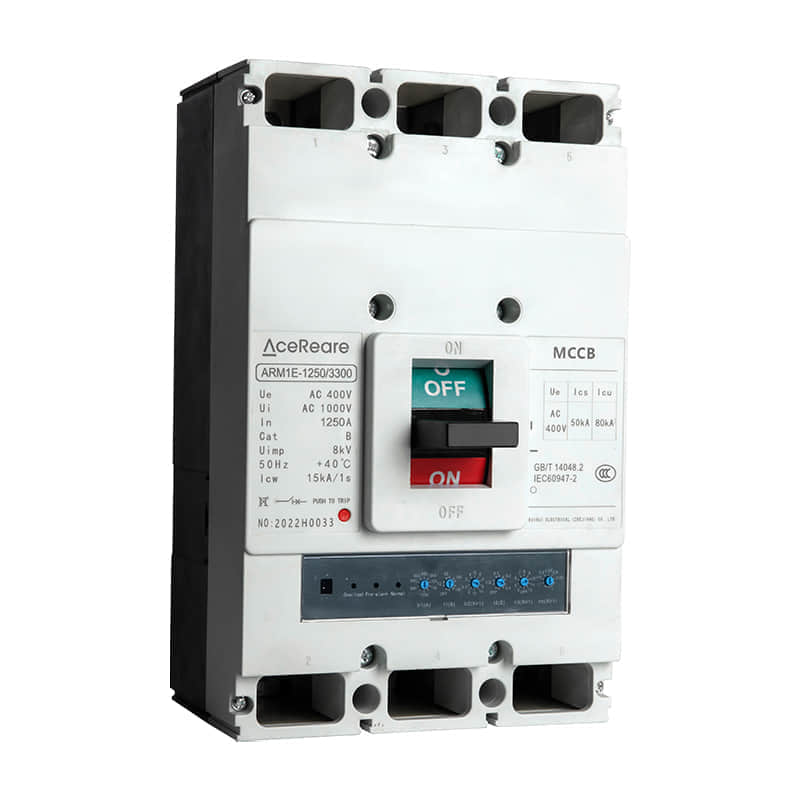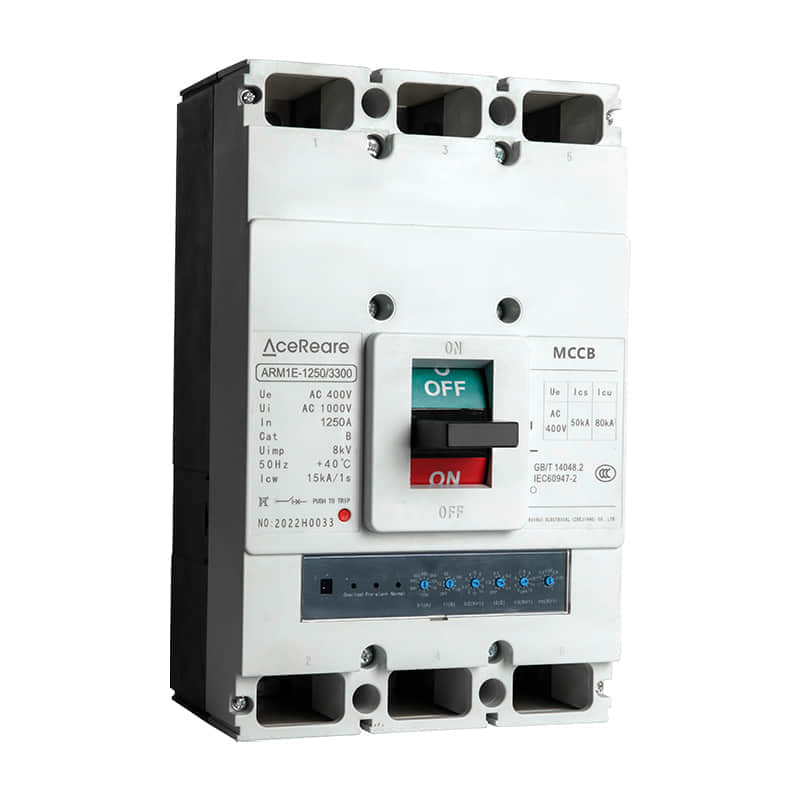Molded case parts are essential components in various industries, playing a pivotal role in ensuring the safety and functionality of electrical equipment. These parts, often made from high-quality thermosetting plastics, are designed to withstand extreme conditions and protect the sensitive internal components of electrical devices. In this article, we will delve into the world of molded case parts, exploring their significance, manufacturing process, and applications.

Significance of Molded Case Parts

Molded case parts are primarily used to enclose and protect critical electrical components such as circuit breakers, switches, and other control devices. They serve as a barrier between the external environment and the internal workings of these devices, safeguarding them from dust, moisture, and physical damage. One of the most significant advantages of molded case parts is their durability. These parts are engineered to withstand harsh conditions, making them ideal for use in industrial settings, construction sites, and even homes. They can resist high temperatures, chemical exposure, and mechanical stress, ensuring the longevity of the enclosed electrical equipment. Manufacturing Process The production of molded case parts is a meticulous process that involves several steps: Material Selection:The choice of material is critical in ensuring the performance of molded case parts. Thermosetting plastics, such as polyester, are commonly used due to their high heat resistance and structural stability. Molding:The selected plastic material is heated until it becomes pliable, then injected into molds to take the desired shape. These molds are precision-engineered to create parts with exact dimensions and specifications. Curing:Once molded, the parts are cured under controlled temperature and pressure conditions. This process strengthens the plastic and ensures it maintains its shape and structural integrity. Finishing:After curing, the molded case parts undergo finishing processes, such as trimming, drilling, and surface treatments, to meet specific design requirements. Quality Control:Rigorous quality control measures are employed to inspect the finished parts for defects and ensure they meet industry standards. Applications Molded case parts find applications in a wide range of industries, including: Electrical Distribution:Molded case circuit breakers are used in power distribution systems to protect against overcurrents and short circuits. The molded case provides insulation and protection for the internal components. Automotive:Molded case parts are used in automotive electrical systems, ensuring the safety and reliability of various components, from ignition switches to battery enclosures. Consumer Electronics:Many consumer electronic devices, such as televisions and computers, utilize molded case parts to house and protect sensitive circuitry. Industrial Machinery:Molded case parts are integral in the manufacturing of industrial machines, where they provide insulation and shielding for electrical controls. Renewable Energy:In solar and wind energy systems, molded case parts are employed to protect inverters and control systems from environmental factors. Advancements in Molded Case Parts The field of molded case parts is continually evolving. Advancements in materials and manufacturing technologies have led to more robust and efficient components. For instance, the use of advanced thermosetting resins has enhanced the heat resistance and flame-retardant properties of these parts, making them even more suitable for demanding applications. Additionally, innovations in mold design and 3D printing have enabled the production of highly customized molded case parts, tailored to specific requirements. This flexibility is particularly valuable in industries where unique form factors are necessary. Conclusion Molded case parts are unsung heroes in the world of electrical engineering and manufacturing. They serve as the first line of defense, protecting vital electrical components from the harsh realities of the outside world. With their durability, versatility, and continuous advancements, these parts play an indispensable role in ensuring the safety and reliability of electrical systems across various industries. Understanding the significance and intricacies of molded case parts is crucial for anyone involved in electrical design, engineering, or maintenance.
